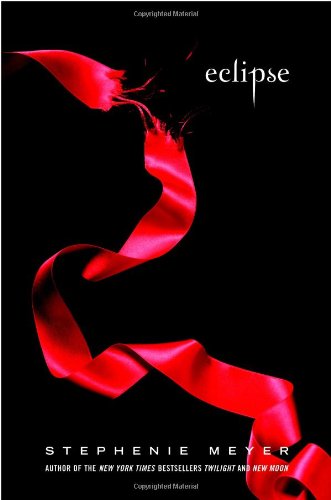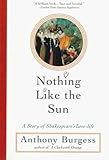 I’m sure Anthony Burgess’s Nothing Like the Sun is like nothing I’ve ever read before. The novel is subtitled A Story of Shakespeare’s Love-life; Burgess’s essential claim is that Shakespeare’s literary genius was borne out of his lust. It’s an interesting thesis, as desire can be quite a motivator, and Burgess manages to convince.
I’m sure Anthony Burgess’s Nothing Like the Sun is like nothing I’ve ever read before. The novel is subtitled A Story of Shakespeare’s Love-life; Burgess’s essential claim is that Shakespeare’s literary genius was borne out of his lust. It’s an interesting thesis, as desire can be quite a motivator, and Burgess manages to convince.
The novel is rich with period detail and dialogue; indeed, it might take some time for the casual reader to become accustomed to Burgess’s use of Early Modern English. For readers familiar with Shakespeare’s sonnets and plays, the novel is a delight of allusions. I found myself wishing I were much more familiar with Shakespeare even than I am, having taught several of his plays (and some of them many times) because I feel sure that some allusions passed me by.
Burgess crafted a plausible, entertaining narrative from the few scraps of information we have about Shakespeare’s life and in the process, held a lens up to Shakespeare’s work and times, exposing both work and times as sublime and filthy at the same time. I would recommend this book highly to anyone interesting in learning more about Shakespeare or about Elizabethan England.
Because I am in a Shakespeare frame of mind, I plan to take a break from the Historical Fiction Challenge and read The Book of Air and Shadows next. As always, I’ll let you know how it turns out.

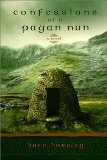

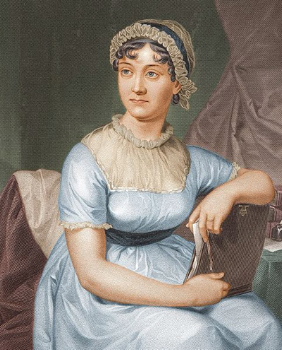
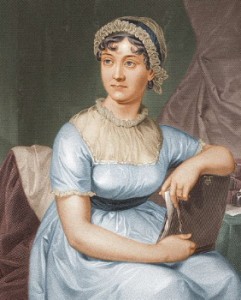 Jane Austen is quite popular in the blogosphere, and readers have a wide selection of Austen blogs to choose from.
Jane Austen is quite popular in the blogosphere, and readers have a wide selection of Austen blogs to choose from.